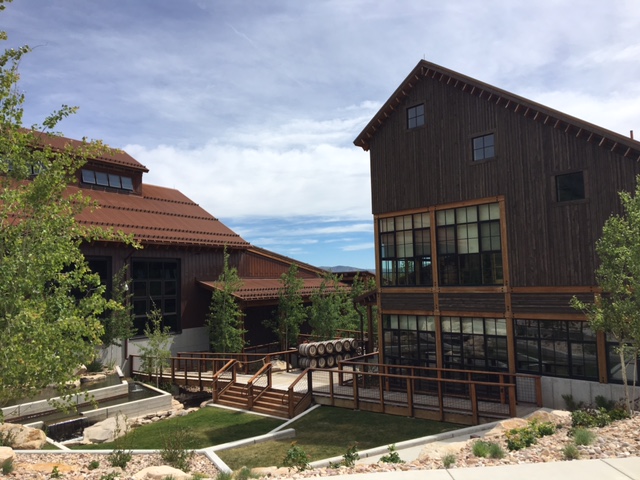Most people will tell you that craft this or artisanal that is overplayed in the world of spirit making. Many producers attempt to claim craft but are simply changing the labeling of a few products to give the appearance of being craft. If you are Arthur Hartunian, Founder of Napa Valley Distillery, you know exactly what craft distilling is all about. Together with his wife Lusine, the couple built a business from their passion for small-batch craft spirits and old-world cocktails.
Q: So Arthur, where does the story begin? How did you get into the distilling business?
A: I’ve been a cocktail geek & spirit lover for years. Years ago, I worked at a law firm in Hollywood. The guys would grab drinks after work & would order drinks from the past like Negornis & Old-Fashioneds. Back then those drinks were not as popular as they are today. I just became fascinated with the cocktail process & how it brought people together. So I researched the history of cocktails & spirits in general. I always knew I wanted my own brand. Eventually I started experimenting & even made my own moonshine that I gave to friends.
Q: Did you start planning a business after your research & experimentation?
A: Not exactly. Fast forward, I moved into the insurance business. It worked out ok, I was still able to make spirits in my spare time, raised a family, but then 2008 happened. Not sure if you remember what happened with a little company called AIG but when they went down, so did many of the independent satellite offices. It was an overnight collapse. I was turning 40 & I was forced to make a change. I knew this was a sign for me. I was more creative & wanted to do something more. So at the worst possible time, I decided to pursue my passion.
Q: How did you get started?
A: I think I did about eight minutes of research & started down the path of starting my distilling business. In 2009 on a shoestring budget, & almost no money left after the crash, Ileased a humble 1200 sq ft space & got licenses. We became the first distillery in Napa since Prohibition.
Q: What was your first product?
A: We started with a liqueur (limoncello) made with Meyer Lemons but it was obvious we wouldn’t last long with prohibition style lawsstill in effect. In 2010 we had to decided to reinvent ourselves and expand our portfolio. . In 2011 I became the founding President of the California Artisanal Guild. This collective gave me the voice I needed & was able to raise the money to get a lobbyist to introduce a bill that would change the laws. Fortunately, it was passed unanimously in the California assembly in 2013. This decision allowed me to do tastings & have more direct sales and was the baseline in 2014 to really take the business off the ground.
Q: With so many challenges in the way how did you stay focused?
A. Certainly my wife & I had many sleepless nights, we were not sure how we would keep the lights on, but the passion drove us. The beverage alcohol business is so regulated you need that passion to push through. After all that, we now have 12 employees, are building a kitchen in the distillery, & thinking about the future. All that seemed far off just a few years ago.
Q: Those challenges extended to your expansion as well
A: Yes. With a few products & direct sales we had built a following. The time had come to expand to get a tasting room & more equipment. We thought we had what we needed money wise. Just before we were going to start on the construction, we got a visit from the fire dept. Although they had seen the plans before, they decided they wanted to see additional sprinklers & valves. The cost put us over what we had. We were devastated.
Once again, a regulatory type of hurdle got in the way. We gave Indiegogo a try to get the funds. We didn’t reach our goal but got close enough andwere able to raise the final funds through a private investor. The lesson is, never assume you won’t hit a roadblock even if everything looks good. We had planned everything, but did not anticipate this.
Q: Talk more about your products
A: Our Limoncello was the first to be made with Meyer lemons. This fits our founding goal to make spirits differently. And that is the soul of artisanal or craft anything. Willingness to take risks, experiment and bring a unique conversation to it. It is your interpretation and that’s what creates the category. To maintain this style and uniqueness we remain inspired by the old. Old world techniques and ingredients are behind our products.
Our gin was inspired from a book from the 1800’s. The recipes inside had processes that I used by using a straight infusion of the botanicals. With modern style gins, you don’t get the layers of flavors and to get that you must be more tedious to get the right result.
For whiskeys, we source alcohol from other distilleries. As a start-up, you have no choice but to do this if you want to get whiskey out quickly. But you must be honest about what you are doing. If you are a craft spirits maker – if you are sourcing a spirit, you should put your own twist on it to give your fingerprint. That is craft. There has to be some art involved not just moving from a tank to a bottle.
When we launched the brandy, there were California brandy distillers we sourced from. From that source material we modified the taste, color & character. Cordial is a three-year-old brandy that we did not distill but we modified for up to one year before bottling. We age the brandy in used bourbon barrels from distillers all over the country. When we get the barrels, we fill them with the brandy so it takes on the bourbon attitude.
Q: What is your business model?
A: Our business is primarily direct to consumer. We don’t have to mass produce anything. This gives us flexibility and luxury of experimentation. Take a typical start-up philosophy - we want to try something and fail fast. It is ok if a product doesn’t work. We can take a calculated risk and try something in small batches like the pastis or ancho chile-infused brandy. If we like it and it works, we can monetize it and go straight to the website, bar club or tasting rooms.
Q: You have some specific views on the role hierarchy of distilling. What is that?
A: The distiller is not the most important person in the room. First in line is the Blender. The reason for that - it takes years of practice and knowledge to keep product consistent batch to batch. That is the real talent. Next comes the Cellar Master who makes sure the barrels are right, the temperature is right, etc. Third is the Sales & Marketing team, and only after that is the Distiller. You need all these roles working together as a team to make a fantastic product.
Q: You are passionate about people’s experience. What drives that?
A: Our founding principles for business and how we interact with customers is similar. First, we ask why and why not? This explains why we experiment with products, how we sell and how we get people excited about what we are doing. Next, why do the same as others? We put our unique signature on everything we do, so do we want a boring tasting experience? No, we want to be different than a traditional wine bar. Our staff is knowledgeable, funny, and engaging. Finally, why not - as in why not make it different? Why not have cocktail mixes in bottles, small batches, etc? Why not give people a memorable time with us so that they become customers for life?
Most important in all of this is that we want to teach people what we know. People don’t get a chance to learn how a spirit is made which you can’t get from a big brand. You don’t have a connection to the brand. But we go through the entire process – we show them how we manufacture, why it matters in the taste of choice & product line, and the social aspect. These elements come together so that people can come together.
Q: And those experiences comes with unique bottle size & those old-timey label designs.
A: I always loved half bottles. I did a 375ml bottle on purpose. They are easier to consume versus full bottles. It’s a sweet spot – you can consume it without having to store it for too long like traditional spirits and it gives people the opportunity to try more than one spirit. This helps us price accordingly because of the complexities we use to make the product. It is not cheap to make spirits in California. This is one way to help with that and for tourists, you can travel with it easier.
As far as the label design, that is thanks to my wife. In remaining in the style of tradition and old world craft techniques, we found great inspiration in the bottling and labeling from the past which made total sense for our brand.
Q: If you could have a drink with anyone who would it be with & why?
A: My dad. He passed away in 2006 before we started the company. He would be proud and happy to be part of what we are doing. He was social, brought people together, talked, made and ate great food, and above all, had fun. It would be a dream come true for him to see what we accomplished.
For more information on tours, tastings & the range of products, visit the Napa Valley Distilling company at www.napadistillery.com











